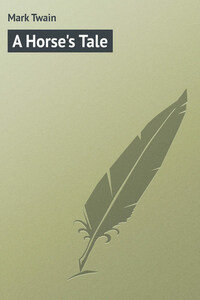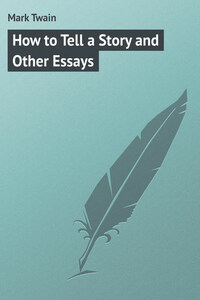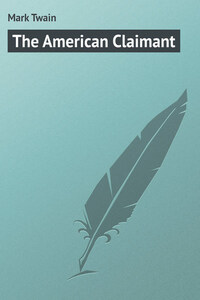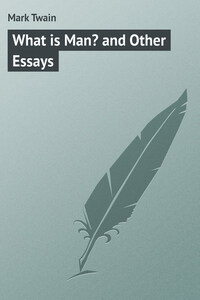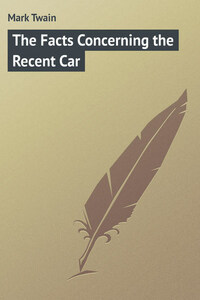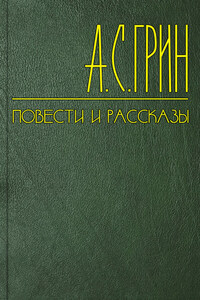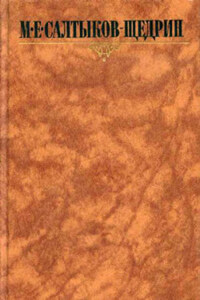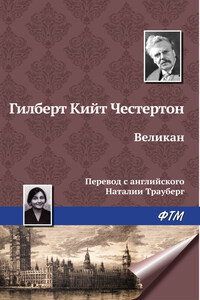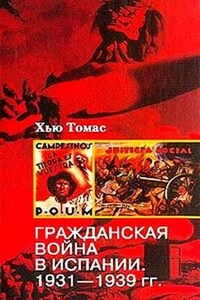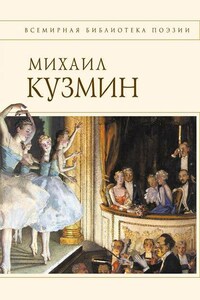Chapter I. Soldier Boy―Privately To Himself
I am Buffalo Bill’s horse. I have spent my life under his saddle– with him in it, too, and he is good for two hundred pounds, without his clothes; and there is no telling how much he does weigh when he is out on the war-path and has his batteries belted on. He is over six feet, is young, hasn’t an ounce of waste flesh, is straight, graceful, springy in his motions, quick as a cat, and has a handsome face, and black hair dangling down on his shoulders, and is beautiful to look at; and nobody is braver than he is, and nobody is stronger, except myself. Yes, a person that doubts that he is fine to see should see him in his beaded buck-skins, on my back and his rifle peeping above his shoulder, chasing a hostile trail, with me going like the wind and his hair streaming out behind from the shelter of his broad slouch. Yes, he is a sight to look at then – and I’m part of it myself.
I am his favorite horse, out of dozens. Big as he is, I have carried him eighty-one miles between nightfall and sunrise on the scout; and I am good for fifty, day in and day out, and all the time. I am not large, but I am built on a business basis. I have carried him thousands and thousands of miles on scout duty for the army, and there’s not a gorge, nor a pass, nor a valley, nor a fort, nor a trading post, nor a buffalo-range in the whole sweep of the Rocky Mountains and the Great Plains that we don’t know as well as we know the bugle-calls. He is Chief of Scouts to the Army of the Frontier, and it makes us very important. In such a position as I hold in the military service one needs to be of good family and possess an education much above the common to be worthy of the place. I am the best-educated horse outside of the hippodrome, everybody says, and the best-mannered. It may be so, it is not for me to say; modesty is the best policy, I think. Buffalo Bill taught me the most of what I know, my mother taught me much, and I taught myself the rest. Lay a row of moccasins before me – Pawnee, Sioux, Shoshone, Cheyenne, Blackfoot, and as many other tribes as you please – and I can name the tribe every moccasin belongs to by the make of it. Name it in horse-talk, and could do it in American if I had speech.
I know some of the Indian signs – the signs they make with their hands, and by signal-fires at night and columns of smoke by day. Buffalo Bill taught me how to drag wounded soldiers out of the line of fire with my teeth; and I’ve done it, too; at least I’ve dragged him out of the battle when he was wounded. And not just once, but twice. Yes, I know a lot of things. I remember forms, and gaits, and faces; and you can’t disguise a person that’s done me a kindness so that I won’t know him thereafter wherever I find him. I know the art of searching for a trail, and I know the stale track from the fresh. I can keep a trail all by myself, with Buffalo Bill asleep in the saddle; ask him – he will tell you so. Many a time, when he has ridden all night, he has said to me at dawn, “Take the watch, Boy; if the trail freshens, call me.” Then he goes to sleep. He knows he can trust me, because I have a reputation. A scout horse that has a reputation does not play with it.
My mother was all American – no alkali-spider about her, I can tell you; she was of the best blood of Kentucky, the bluest Blue-grass aristocracy, very proud and acrimonious – or maybe it is ceremonious. I don’t know which it is. But it is no matter; size is the main thing about a word, and that one’s up to standard. She spent her military life as colonel of the Tenth Dragoons, and saw a deal of rough service – distinguished service it was, too. I mean, she carried the Colonel; but it’s all the same. Where would he be without his horse? He wouldn’t arrive. It takes two to make a colonel of dragoons. She was a fine dragoon horse, but never got above that. She was strong enough for the scout service, and had the endurance, too, but she couldn’t quite come up to the speed required; a scout horse has to have steel in his muscle and lightning in his blood.
My father was a bronco. Nothing as to lineage – that is, nothing as to recent lineage – but plenty good enough when you go a good way back. When Professor Marsh was out here hunting bones for the chapel of Yale University he found skeletons of horses no bigger than a fox, bedded in the rocks, and he said they were ancestors of my father. My mother heard him say it; and he said those skeletons were two million years old, which astonished her and made her Kentucky pretensions look small and pretty antiphonal, not to say oblique. Let me see. I used to know the meaning of those words, but well, it was years ago, and ’tisn’t as vivid now as it was when they were fresh. That sort of words doesn’t keep, in the kind of climate we have out here. Professor Marsh said those skeletons were fossils. So that makes me part blue grass and part fossil; if there is any older or better stock, you will have to look for it among the Four Hundred, I reckon. I am satisfied with it. And am a happy horse, too, though born out of wedlock.
And now we are back at Fort Paxton once more, after a forty-day scout, away up as far as the Big Horn. Everything quiet. Crows and Blackfeet squabbling – as usual – but no outbreaks, and settlers feeling fairly easy.
The Seventh Cavalry still in garrison, here; also the Ninth Dragoons, two artillery companies, and some infantry. All glad to see me, including General Alison, commandant. The officers’ ladies and children well, and called upon me – with sugar. Colonel Drake, Seventh Cavalry, said some pleasant things; Mrs. Drake was very complimentary; also Captain and Mrs. Marsh, Company B, Seventh Cavalry; also the Chaplain, who is always kind and pleasant to me, because I kicked the lungs out of a trader once. It was Tommy Drake and Fanny Marsh that furnished the sugar – nice children, the nicest at the post, I think.
That poor orphan child is on her way from France – everybody is full of the subject. Her father was General Alison’s brother; married a beautiful young Spanish lady ten years ago, and has never been in America since. They lived in Spain a year or two, then went to France. Both died some months ago. This little girl that is coming is the only child. General Alison is glad to have her. He has never seen her. He is a very nice old bachelor, but is an old bachelor just the same and isn’t more than about a year this side of retirement by age limit; and so what does he know about taking care of a little maid nine years old? If I could have her it would be another matter, for I know all about children, and they adore me. Buffalo Bill will tell you so himself.
